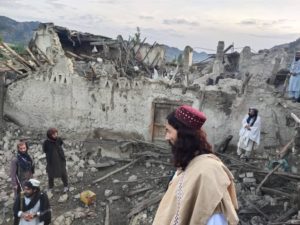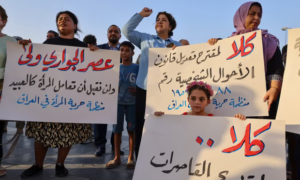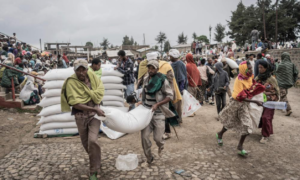Introduction
1. Victims of large-scale human rights violations have a fundamental right to reparations grounded in the Universal Declaration of Human Rights (“UDHR”)1 and international human rights treaties such as the International Covenant on Civil and Political Rights (“ICCPR”).2 Unfortunately, rarely, if ever, are mechanisms adopted and implemented that would meaningfully redress the victims. The Cambodian victims of the violations of human rights committed during the Democratic Kampuchea (“DK”) period of 1975 to 19793 – many of whom were admitted as Civil Parties participating in proceedings at the Extraordinary Chambers in the Courts of Cambodia (“ECCC”) – are no different.




